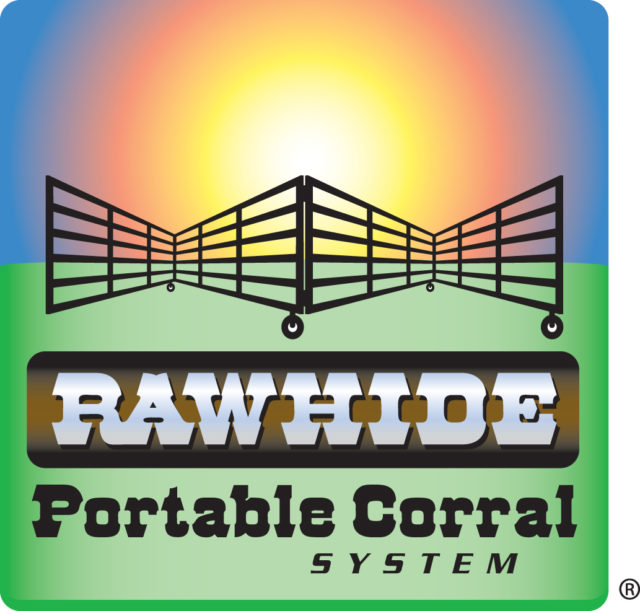It’s often said that the most expensive vaccine is one that fails to work. And with current calf prices, it’s crucial that producers protect their calf crop just like any other investment – starting with guarding against summer pneumonia at branding or summer turnout.
A strong immune system begins with the calf’s colostrum intake. Antibodies are passed from dam to offspring and help provide protection during the first few months of life.
While these maternal antibodies decline over time, it has been shown that those specific to bovine respiratory syncytial virus (BRSV) are often still present in 6-week-old to 8-week-old calves, which is the typical age at summer turnout. When BRSV maternal antibodies are present, multiple studies have shown a lack of detectable response to BRSV vaccination.
This is especially important in branding-age calves, as BRSV is frequently the primary cause of viral pneumonia from birth to weaning. It can play a major part in the bovine respiratory disease (BRD) complex because of its frequency of occurrence, tendency to settle in the lower respiratory tract and ability to predispose the respiratory tract to secondary bacterial infections.
The perfect storm for summer pneumonia could occur when a calf with maternal antibodies that interfere with a BRSV vaccination is exposed to a severe BRSV infection. For this reason, a recent trial tested young calves’ ability to respond to BRSV vaccination in the presence of maternal antibodies received from colostrum.
The results demonstrated that calves vaccinated with an intranasal respiratory vaccine had almost half of the lung lesions – 44 percent fewer – and reduced morbidity compared with non-vaccinated calves.
The bottom line is that this intranasal vaccine has been demonstrated to override BRSV maternal antibodies, helping kick-start the calf’s immune system against this important virus and the BRD complex.
However, this is not true of all vaccines. Research has shown that the ability to stimulate immunity in the presence of BRSV maternal antibodies has historically been inconsistent.
Now, there’s a three-way intranasal respiratory vaccine that has been demonstrated to override BRSV maternal antibodies, and it has the highest level of label claim to date for BRSV. Plus, it helps protect against infectious bovine rhinotracheitis (IBR) virus and parainfluenza 3 (PI3) virus.
Using the right vaccine at the wrong time or the wrong vaccine at the right time can make or break a vaccination program. Producers should work with their veterinarians to build a respiratory vaccination program that gets the most out of the vaccine and the calf’s immune system. ![]()
Dr. Nichols is a managing veterinarian with the U.S. Cattle and Equine Technical Services team at Pfizer Animal Health. His responsibilities include providing support for beef cattle veterinarians and producers, as well as the Pfizer Animal Health beef field force in Texas, Oklahoma and New Mexico.

Michael Nichols, DVM
Cattle and Equine Technical Services
Pfizer Animal Health
—From PfizerCattleNews press release








